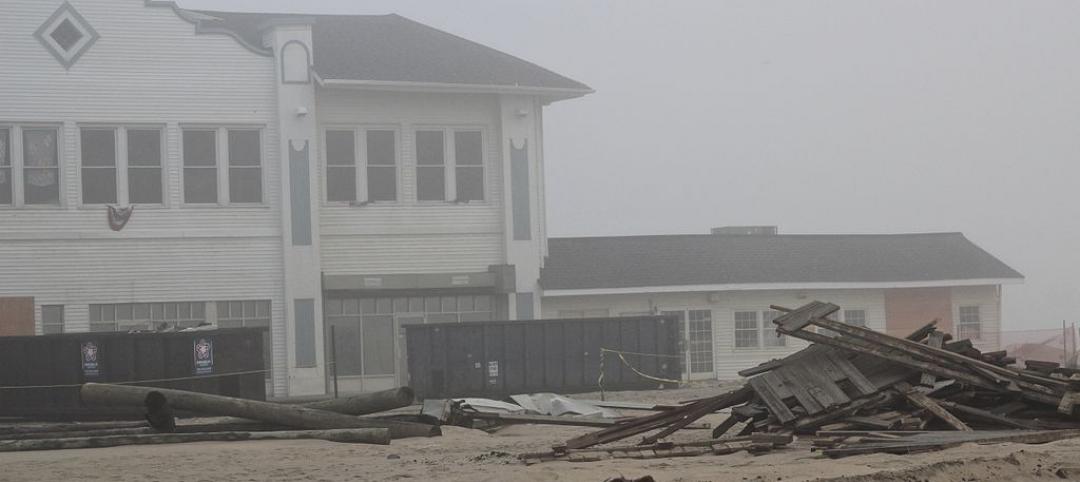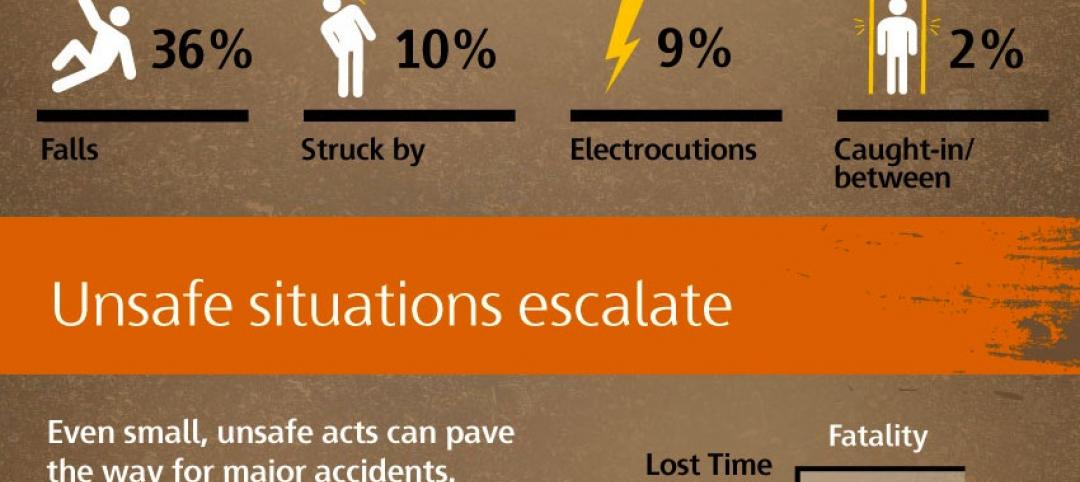Washington, D.C., December 22, 2015 – RICS’s fourth Summit of the Americas, an international real estate event, is coming to Washington, D.C. for the first time, April 3-5, 2016. The Americas Summit will also be the first-ever “World Built Environment Forum,” which RICS is launching next year. Modeled on the World Economic Forum held annually in Davos, Switzerland, the World Built Environment Forum will pull together key market-movers in the built environment from around the globe to lead on major issues of the day. As the inaugural WBEF, this Americas Summit will also have an enhanced speakers program; multiple launches of major research and market insight pieces; and a greater examination of the intersection and interaction between the built environment and the broader world.
Headlining this international event will be one of the U.S.'s leading economists. Dr. Lawrence H. Summers, the 71st U.S. Treasury Secretary (under President Clinton), Director of the White House National Economic Council (under President Obama), and chief economist at the World Bank.
Dr. Summers was the only Treasury Secretary in the past half-century to leave office with a budget surplus. His tenure at the department coincided with the longest period of sustained economic growth in U.S. history. He has played a role in addressing every major financial crisis in last two decades.
During DC2016, Dr. Summers will deliver a keynote speech on the economy in which he will address the economic cycle and provide his insights into what we can expect in the global market over the next three years, as well as the movement of capital across asset classes. He also will moderate a panel featuring several renowned industry leaders undertaking a World Economic Forum study on asset price dynamics.
The Summit of the Americas also will feature prominent speakers and panelists from across the built environment’s spectrum. In the construction arena, the event will include in-depth looks at aspects of public-sector asset management and project controls.
Earlier this year, RICS launched a wide-ranging global research project on good practices in public-sector asset management. Engaging with heads of public assets at a number of national and state governments around the world, the research aims to capture common approaches, encourage industry dialogue, and ultimately produce significant savings. The research results will be unveiled for the first time at a session on April 4 that will look at specific examples and examine whether a common practice is applicable across borders.
Regarding project controls, RICS has been conducting a wide-ranging consultation with clients of the profession on expectations and good practice of project controls, beginning with a definition of this term. The session on project controls, also on April 4, will feature highlights from industry papers, plus a debate among in-house clients on how the profession can remain cutting-edge in managing risks, time, and cost for capital projects. Construction professionals may also be especially interested in a session on “Funding High-Performing Buildings.”
“And we are also very excited that the Summit will serve as the very first RICS World Built Environment Forum, which we hope will elevate the discussion even further,” Neil Shah, Americas Managing Director for RICS, said. “This expanded Summit will be a unique opportunity to learn about and analyze the latest trends in property, construction and facilities management, and network with highly placed professionals from throughout the industry, from the Americas and around the globe.”
DC2016 and the first World Built Environment Forum will take place at the Ronald Reagan Building and International Trade Center during Washington's Cherry Blossom Festival.
For more information on the 2016 Summit of the Americas and the first World Built Environment Forum, please visit RICS Summit of the Americas: DC2016.
ABOUT RICS
RICS promotes and enforces the highest professional qualifications and standards in the development and management of land, real estate, property and construction. Our name promises the consistent delivery of standards – bringing confidence to the markets we serve.
We accredit 118,000 professionals and any individual or firm registered with RICS is subject to our quality assurance. Their expertise covers valuation and management across all asset classes; the costing and leadership of construction projects; the development of infrastructure; and the management of natural resources, such as mining, farms and land. From environmental assessments and building controls to negotiating land rights in an emerging economy; if our members are involved, the same professional standards and ethics apply.
With offices covering the major political and financial centers of the world, our market presence means we are ideally placed to influence policy and embed professional standards. We work at a cross-governmental level, delivering international standards that will support a safe and vibrant marketplace in land, real estate, property and construction, for the benefit of all.
In the Americas we have staff in New York, Washington, D.C., Los Angeles, Chicago, Toronto, Sao Paulo and Barbados.
The 4th RICS Summit of the Americas will be held in Washington, D.C., from April 3rd to 5th, 2016. The Summit is one of the premiere events centered around the built environment. Speakers and attendees will include prominent leaders in real estate, with particular focus on the Valuation, Construction, Asset Management and Business Valuation fields.
Contact:
Alan F. Cohen
Corporate Affairs Associate, Communications
t: +1-202 602-1450 m: 646 847-5706
Related Stories
| May 22, 2014
Senate kills bipartisan energy efficiency bill over Keystone pipeline amendment
The legislation focused on energy efficiency standards such as water heaters with smart meters and cheaper heating and cooling systems for office buildings.
| May 13, 2014
19 industry groups team to promote resilient planning and building materials
The industry associations, with more than 700,000 members generating almost $1 trillion in GDP, have issued a joint statement on resilience, pushing design and building solutions for disaster mitigation.
| May 8, 2014
Infographic: 4 most common causes of construction site fatalities
In honor of Safety Week, Skanska put together this nifty infographic on how to prevent deadly harm in construction.
| Apr 30, 2014
House Appropriations Committee approves $3 billion cut for military construction
The Army would see the sharpest cuts on a percentage basis, with a $578 million, or 52% reduction in FY 2015.
| Apr 23, 2014
California bill would make employers responsible for subcontractors' wages, workers' comp
Under the recently revised Assembly Bill 1897, employers would have to pay wages, taxes, and workers compensation on behalf of a subcontractor’s workers if the subcontractor reneges on that responsibility.
| Apr 23, 2014
Obama’s 2015 budget includes $1.7 billion to GSA for building construction, renovations
The Obama Administration has proposed $1.7 billion for construction, renovation, and repairs to federal buildings in fiscal year 2015 under the auspices of the U.S. General Services Administration.
| Mar 19, 2014
Ohio Senate passes rule to require state agencies use ANSI standards rather than LEED
The resolution specifically mentions LEED v4, and calls for the U.S. Green Building Council to conform to ANSI.
| Mar 18, 2014
Canadian wood industry pushes for ‘wood first’ legislation on mid-rise public projects
The wood lobby is pushing Canadian provinces to pass “wood first” legislation specifying wood framed structures as the default for mid-rise public works projects where warranted.
| Mar 6, 2014
AIA and almost 1,000 other businesses oppose effort to repeal energy efficiency bill
This opposition comes in response to reports that the oil and gas lobby pushed to include a repeal of Section 433 of the Energy Independence and Security Act in the bipartisan Shaheen-Portman energy efficiency bill.
| Mar 5, 2014
Obama proposes $1 billion for climate change risk mitigation
President Barack Obama would spend $1 billion to “better understand the projected impacts of climate change,” encourage local action to reduce future risk, and fund technology and infrastructure that will be more resilient to climate change.














